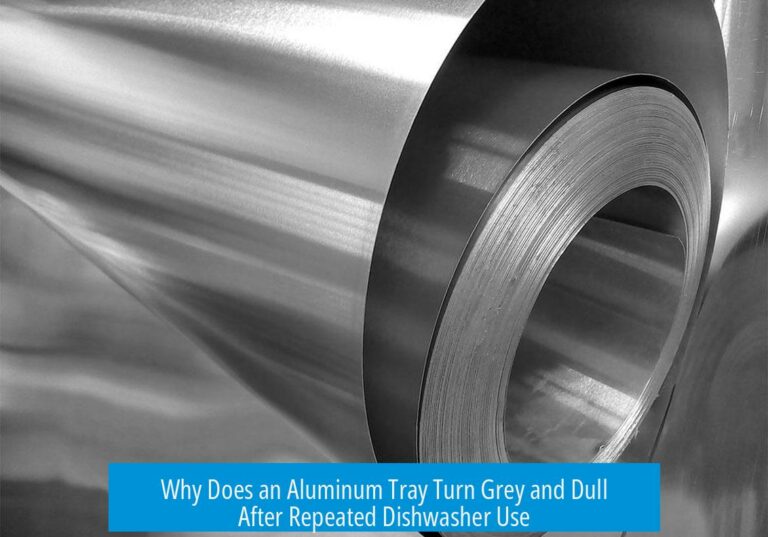Best Laptop for PhD Students: Key Recommendations
The best laptop for a PhD depends on your preferred operating system, workload requirements, and research needs. For Windows users, Lenovo ThinkPads with at least an Intel Core i5 processor, SSD storage, and upgradeable RAM suit well. Mac users should consider Apple MacBooks with M3 series chips and a minimum of 16GB RAM, ideally 32GB or more for intensive tasks.
Operating System and Brand Choice
- Windows (Lenovo ThinkPad): A popular choice among Windows users. A Core i5 processor is a good start. Higher specs like i7 or i9 improve performance, especially with 32GB RAM. Choose SSD storage to speed up data access. RAM and hard drives can often be upgraded later.
- macOS (Apple MacBooks): MacBooks with Apple Silicon M3 Pro or higher deliver strong performance. Depending on budget, M3 Max or M3 Ultra provide even more speed. macOS handles large datasets and coding tasks efficiently. Battery life and portability are major advantages.
Performance Specifications
| Component | Recommended Specs |
|---|---|
| Processor | Windows: Intel Core i5 – i9Mac: Apple M3 Pro – M3 Ultra |
| RAM | Minimum: 16GBRecommended: 32GB for future proofingHigh-end: 64GB (mostly Mac, as it is non-upgradeable) |
| Storage | SSD preferred over HDD for faster data loading |
| Graphics | Windows: Dedicated GPU with 4GB or higherMac: Unified RAM shared between CPU and GPU; more RAM benefits image tasks |
Many PhD workloads involve large datasets, multitasking, or image and sequencing analysis. For these, prioritize high RAM and fast processing. Dedicated graphics cards help with imaging, especially on Windows.
Use Case Considerations
- Screen resolution matters if you analyze images or read intensively.
- PhD research requiring image analysis, bioinformatics, or coding benefits from multi-threading CPUs and ample RAM.
- Macs excel with terminal-based coding and large data handling, though some applications like ImageJ may run slower on macOS due to platform specifics.
- Scripting and automating work can reduce manual load regardless of platform.
Portability and Battery Life
Laptops like MacBooks offer excellent portability and outstanding battery life, ideal for research on the go or long sessions without charging. Windows laptops vary, but ThinkPads are known for robust build quality and decent battery performance.
Advice from Peers
- Consult colleagues in your department regarding their laptop choices.
- Ask how well their devices handle specific research software.
- Understand what they wish they had in their machines to avoid the same limitations.
Summary of Key Points
- Choose operating system based on your familiarity and software needs: Windows (Lenovo ThinkPad) or macOS (Apple MacBook M3 series).
- Go for at least 16GB RAM; 32GB is optimal for demanding research.
- Prefer SSD storage over HDD for speed.
- Dedicated GPU or ample shared RAM enhances imaging and visualization workloads.
- Screen resolution and portability impact the usability experience.
- Peer insight helps select practical, well-tested models.
What processor should I choose for my PhD laptop?
For Windows, a Core i5 works, but i7 or i9 with 32GB RAM is better for heavy tasks. On Mac, aim for Apple silicon M3 Pro or higher for strong performance.
How much RAM is ideal for PhD work?
16GB is the minimum. For future-proofing, 32GB is recommended. Macs can’t upgrade later, so consider 64GB if you handle large images or data sets.
Is a dedicated graphics card necessary for PhD laptops?
If you work with imaging software on Windows, a GPU with 4GB or more helps. On Macs, RAM is shared between CPU and GPU, so more RAM benefits graphic tasks.
Should I prioritize SSD storage?
Yes, SSD is much faster than HDD, especially on Windows machines. It speeds up file access and system performance, which helps in coding and image analysis.
How important is portability and battery life for a PhD laptop?
Highly important if you move between labs or classes. Macs offer excellent battery life and portability, but some Windows laptops like Lenovo ThinkPads can be portable too.





Leave a Comment